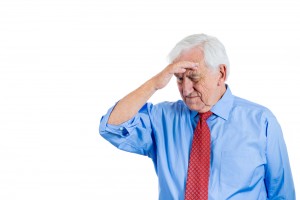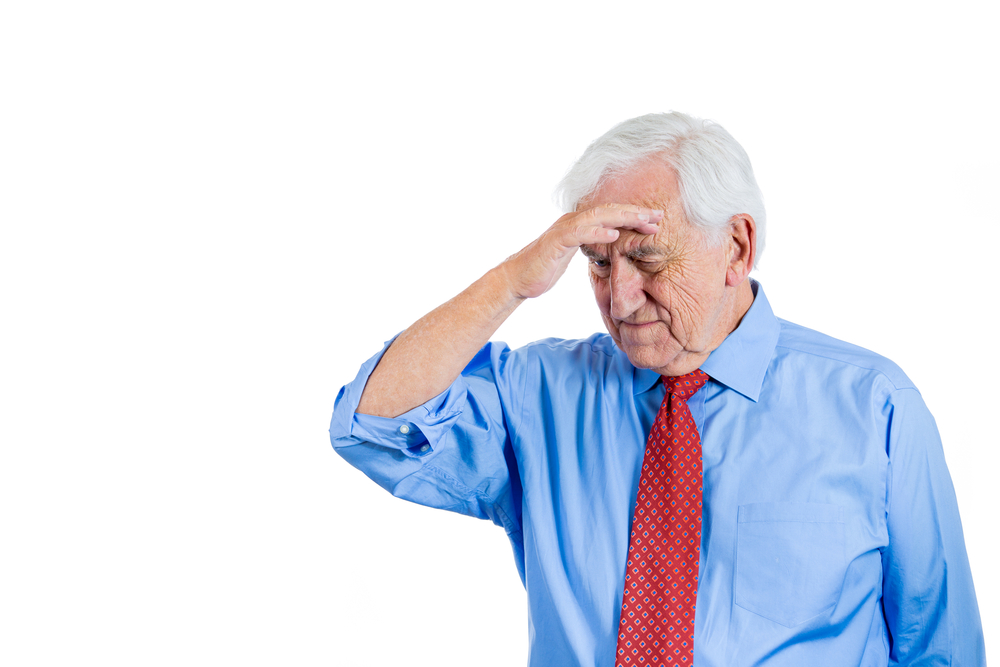
Rare disorders are often very under-reported, but are often some of the most debilitating and difficult conditions to live with. Some of these problems actually have no cure, because of their rareness or complications, and the only way to deal with them is to either a) live with it, or b) manage it.
Obviously managing a problem is always better than simply living with it, and in the case of Meniere’s Disease, there are now several ways you can manage your condition and reduce the severe effects this condition can cause.
Meniere’s Disease is rare, and is a condition which affects the inner ear, causing symptoms such as vertigo, tinnitus, a feeling of pressure in the ear, sensitivity to noise or sound distortion, and even resulting in permanent hearing loss in severe cases. Put simply, Meniere’s Disease is no picnic.
Attacks tend to come on suddenly with no warning, which can cause severe upset to a sufferer’s life, sometimes resulting in anxiety and depression, because of the impact it has on their day to day function. Symptom attacks can last around two to three hours or even a day or two before symptoms disappear completely, and can range in severity.
Here at Eastern Brain Centre we appreciate the upsetting nature of Meniere’s Disease, and we see and treat people experiencing this disorder. There is no cure for Meniere’s Disease, so it is down to management, however research suggests that vestibular rehabilitation is effective in reducing attacks and severity of symptoms(1), when used in conjunction with other lifestyle changes.
Meniere’s Disease is thought to affect women slightly more commonly than men, and the age bracket between 20-60 are affected mostly. There is no solid evidence on what causes Meniere’s Disease, however it is thought to be a fluid pressure issue in the inner ear. The fact there is no solid cure, and no evidence on what truly causes it from person to person, really adds fuel to the fire of how difficult Meniere’s Disease can be to live with if left unmanaged.
The good news is that with vestibular rehabilitation, people may find relief. Seek help for these unpleasant and sometimes disturbing symptoms of Meniere’s Disease, and call the practice now on 03 8652 1628 to arrange an appointment to discuss your particular situation and symptoms.
Just as you are individual as a person, every case of Meniere’s Disease is just as individual, and you can be assured of an individually-based, holistic management plan with the aim of addressing your particular circumstances.
(1) McDonnell, M.N. and S.L. Hillier, Vestibular rehabilitation for unilateral peripheral vestibular dysfunction. Cochrane Database Syst Rev, 2015. 1: p. CD005397.


0 comments